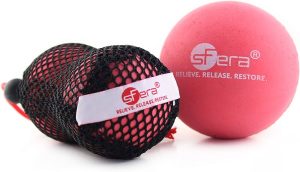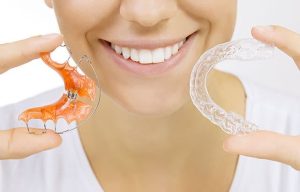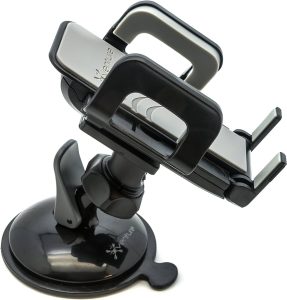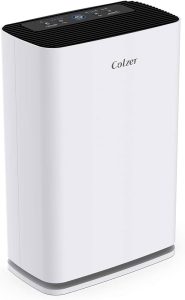Contents
- Best Food Options to Help a Nursing Dog Gain Weight
- Importance of Proper Nutrition for Nursing Dogs
- Consulting a Veterinarian for Dietary Advice
- Factors to Consider When Choosing Food for a Nursing Dog
- Types of Food to Include in a Nursing Dog’s Diet
- 1. High-Quality Commercial Dog Food
- 2. Homemade Meals
- 3. Puppy Food
- 4. Wet or Canned Food
- 5. Supplemental Nutritional Products
- 6. Dry Dog Food
- 7. Good Sources of Protein
- 8. Healthy Fats and Oils
- 9. Digestible Carbohydrates
- 10. Adding Nutrient-Dense Toppers or Mix-Ins
If you’re a proud dog owner looking to help your nursing dog gain some much-needed weight, you’ve come to the right place. In this article, we’ll explore the best food options to help your beloved canine friend maintain a healthy weight while nursing her puppies. We understand that ensuring your nursing dog’s nutritional needs are met is a top priority, so read on to discover some excellent food choices to support her overall well-being and boost her weight in a gradual and safe manner.
Best Food Options to Help a Nursing Dog Gain Weight
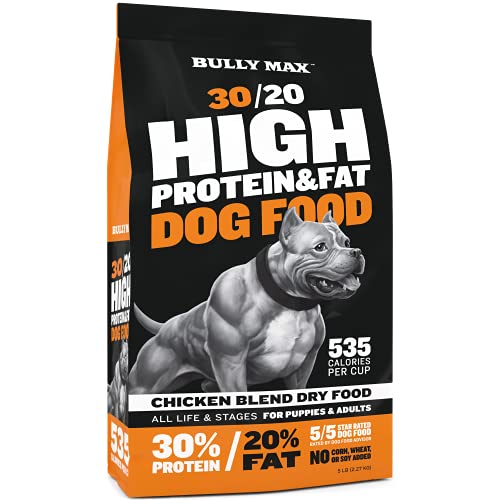
Importance of Proper Nutrition for Nursing Dogs
When it comes to caring for a nursing dog, providing proper nutrition is essential for both her health and the growth and development of her puppies. Nursing dogs have increased nutritional requirements to support milk production and provide adequate energy for themselves and their offspring. A well-balanced diet is crucial to ensure that the nursing dog maintains a healthy weight and produces sufficient milk to nourish her puppies. By focusing on the right food options, you can help your nursing dog gain weight and meet her nutritional needs.
Consulting a Veterinarian for Dietary Advice
Before making any changes to your nursing dog’s diet, it is important to consult with your veterinarian. They will be able to evaluate your dog’s overall health and specific dietary requirements. Every dog is unique, and factors such as breed, age, weight, and overall health should be taken into consideration when determining the best food options to help your nursing dog gain weight. Your veterinarian may also advise you on the appropriate portion sizes and feeding frequency for your dog.
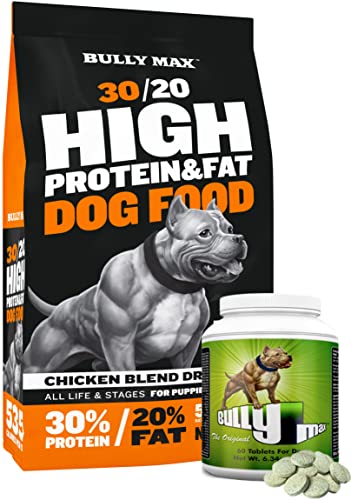
Factors to Consider When Choosing Food for a Nursing Dog
When selecting food options for a nursing dog, there are several factors to consider. First and foremost, the food should be highly nutritious and contain the necessary vitamins, minerals, and macronutrients. It should also be easily digestible to prevent any gastrointestinal issues. Additionally, it is important to choose a food that appeals to your nursing dog’s taste preferences, as she may have a decreased appetite while nursing. Finally, the food should be suitable for nursing dogs and specifically formulated to meet their increased nutritional requirements.
Types of Food to Include in a Nursing Dog’s Diet
To help your nursing dog gain weight, certain types of food can be included in her diet. These options provide the necessary nutrients, calories, and healthy fats to support weight gain and milk production. Here are some food options that you can consider for your nursing dog:

1. High-Quality Commercial Dog Food
A high-quality commercial dog food that is specifically formulated for nursing dogs can be an excellent choice. These formulas are designed to meet the increased nutritional needs of lactating dogs and often contain higher levels of protein, fat, and essential vitamins and minerals. Look for reputable brands that use quality ingredients and have a good balance of nutrients to ensure your dog receives optimal nutrition.
2. Homemade Meals
Another option for helping a nursing dog gain weight is to provide homemade meals. This allows you to have full control over the ingredients and customize the diet to meet your dog’s specific needs. Homemade meals should include lean sources of protein, such as cooked chicken or turkey, as well as healthy carbohydrates like brown rice or sweet potatoes. It is important to work with your veterinarian or a veterinary nutritionist to ensure the homemade meals are nutritionally balanced and meet all of your dog’s dietary requirements.
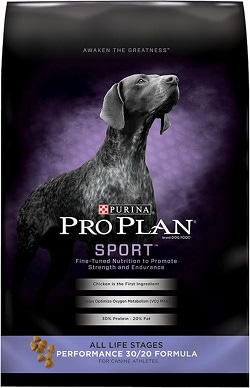
3. Puppy Food
Puppy food can be an excellent choice for helping a nursing dog gain weight. Puppy formulas are specifically designed to provide the extra nutrients and calories needed for growth and development. These foods are often higher in fat and protein content, which can be beneficial for a nursing dog. However, it is important to choose a puppy food that is suitable for nursing dogs and consult with your veterinarian to ensure it is appropriate for your dog’s specific situation.
4. Wet or Canned Food
For nursing dogs that have a decreased appetite, offering wet or canned food can be enticing. The soft texture and strong aroma often make these foods more palatable and appealing to dogs. Additionally, wet food tends to have higher water content, which can help prevent dehydration in nursing dogs. When choosing wet or canned food, look for options that have a high-quality protein source listed as the first ingredient and minimal fillers or additives.
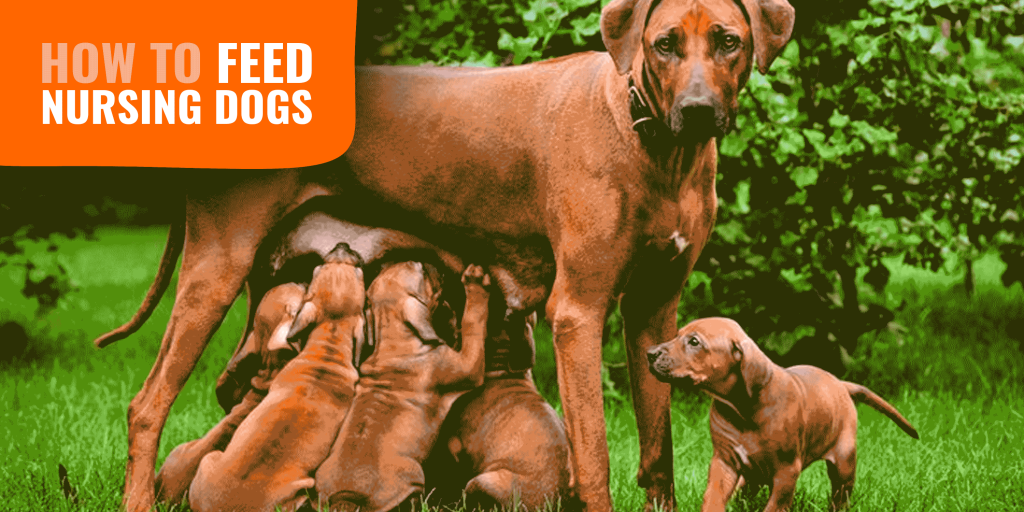
5. Supplemental Nutritional Products
In some cases, providing supplemental nutritional products can help a nursing dog gain weight. These products come in various forms, such as powders, liquids, or gel-like substances, and are specifically designed to provide additional calories, vitamins, and minerals. They can be mixed into the dog’s regular food or given as standalone supplements. It is important to consult with your veterinarian to determine the appropriate dosage and type of supplemental product for your nursing dog.
6. Dry Dog Food
Dry dog food, also known as kibble, can be a convenient and economical option for nursing dogs. When selecting dry dog food, opt for high-quality brands that offer a complete and balanced diet. Look for options that contain real meat as the primary ingredient and avoid foods that are high in unhealthy fillers and artificial additives. Despite being dry, these foods can still provide the necessary nutrients and calories to support weight gain in nursing dogs.
7. Good Sources of Protein
Protein is an essential component of a nursing dog’s diet as it supports the growth and development of both the mother and her puppies. Good sources of protein include lean meats like chicken, turkey, and beef. You can also incorporate eggs, cottage cheese, and plain yogurt into the diet. Protein-rich treats can be given in moderation as rewards for your nursing dog. However, it is important to remember that the bulk of her protein intake should come from her main meals.
8. Healthy Fats and Oils
Including healthy fats and oils in a nursing dog’s diet can help increase her calorie intake and promote weight gain. Opt for sources of healthy fats such as fish oil, coconut oil, and flaxseed oil. These fats provide important omega-3 and omega-6 fatty acids, which support brain function, immune health, and a healthy coat. However, it is crucial to consult with your veterinarian about the appropriate amount of fat to add to your dog’s diet, as excess fat intake can lead to digestive upset.
9. Digestible Carbohydrates
Carbohydrates are an important source of energy, and including digestible carbohydrates in a nursing dog’s diet can help support weight gain. Good options include cooked sweet potatoes, brown rice, and oats. These carbohydrates are easier to digest and provide a slower release of energy. It is important to ensure that the carbohydrates are cooked thoroughly to enhance digestibility and avoid any potential digestive issues.
10. Adding Nutrient-Dense Toppers or Mix-Ins
To further enhance the nutritional value of your nursing dog’s meals, consider adding nutrient-dense toppers or mix-ins. These can include ingredients like steamed vegetables, cooked pumpkin, or bone broth. These additions can provide additional vitamins, minerals, and hydration to your dog’s diet. However, it is important to introduce new ingredients gradually to prevent any digestive upset.
In conclusion, providing the right food options is crucial for helping a nursing dog gain weight. By consulting with your veterinarian and considering factors such as high-quality commercial dog food, homemade meals, puppy food, wet or canned food, supplemental nutritional products, dry dog food, good sources of protein, healthy fats and oils, digestible carbohydrates, as well as nutrient-dense toppers or mix-ins, you can ensure that your nursing dog receives the necessary nutrients and calories to support weight gain and milk production. Remember to always consult with your veterinarian before making any changes to your dog’s diet to ensure optimal health and nutrition.



